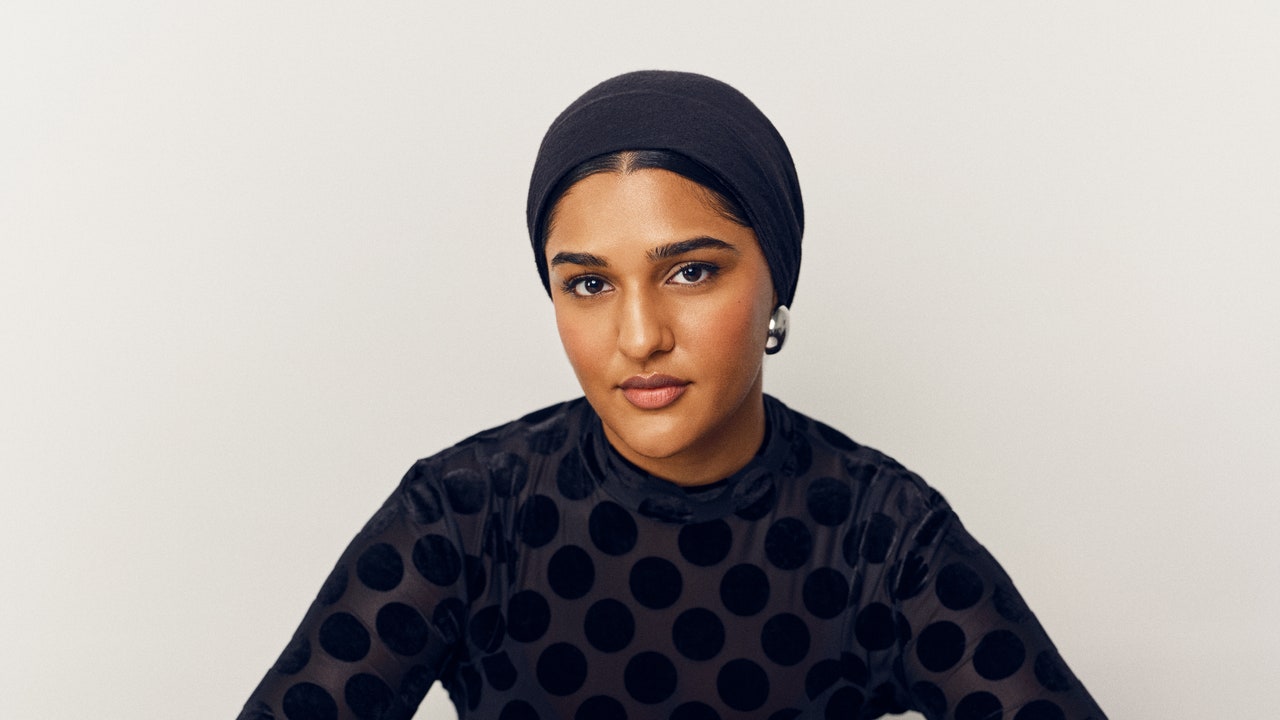This Eid, Zaynab Issa will go to Sami’s Kabab House in Queens with 70 of her extended family members. They’ll order uzbeki kabuli pulao (braised lamb shank over brown rice), dumplings with yogurt and tomato sauce, and yes, all sorts of kababs. Then, Issa will bring some desserts to pass out. She hasn’t made a final decision yet…as of now, she’s thinking date and dark chocolate cookies.
Now, it’s not a traditional Eid dish—although it does have sweet similarities to ma’amoul, a fig or date butter filled cookie that’s often served during the springtime holiday. But Issa, a writer and recipe developer, is a strong believer in “fusion.”
She understands the jargon-y term might provoke some eye rolls. “There’s a lot of places doing fusion and it feels random,” she says. But it’s just how Issa cooks. She and her family come from a Khoja background, which is a minority-within-a-minority ethnic group of Indian Muslims that had a large diaspora from the Indian subcontinent to East Africa. Growing up in a small New Jersey town, Issa regularly ate meals that had a little bit of Indian, a little bit of Swahili, and a little bit of American all mixed together.
Photos: Graydon Herriott
And, as she became a recipe developer, she realized that’s how she made food too. “My cultural upbringing at home and then my life in America—it results in this third culture. That is what influences and inspires my cooking most regularly,” she tells Vogue.
Third Culture is also the name of her debut cookbook, out April 1. It includes family recipes, like her grandmother’s Baklava or her sister in law’s Biryani. It includes recipes that are distinctly American, like her spin on TGI Friday’s artichoke dip, Baskin-Robbins-inspired almond fudge squares, or what she calls “Mall Cinnamon Rolls.” And then there are mash-ups of a whole bunch of influences: Tandoori tacos, French onion ramen, coronation chicken pastries. (Oh, and those date and dark chocolates cookies are in there too.) “It’s inspired cooking that has a cultural context,” Issa says.
The term “third culture kid” was first coined in the ’50s to describe children whose identities were both influenced by their parents’ culture and the culture in which they were raised. Issa knows she is one of millions of people who fit into this often confusing, uncheckable category. This cookbook is for them. “Third culture kids can struggle to find meaning in their identity. I can’t relate to one thing entirely ever, and that’s okay,” she says. It’s also just for anyone who likes exploring culture through cuisine.
Read the full article here




